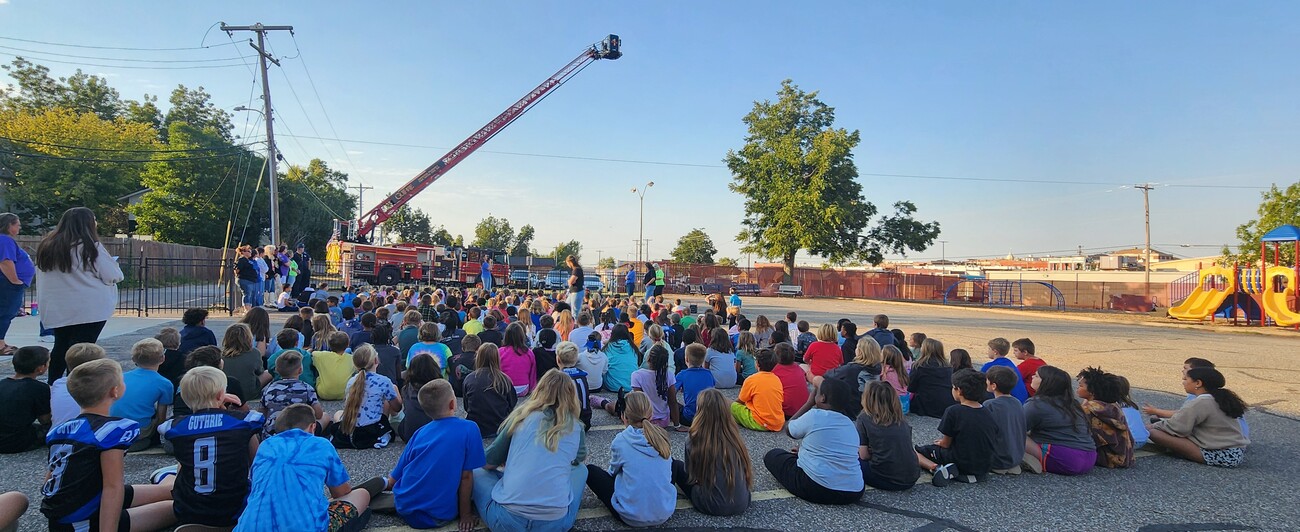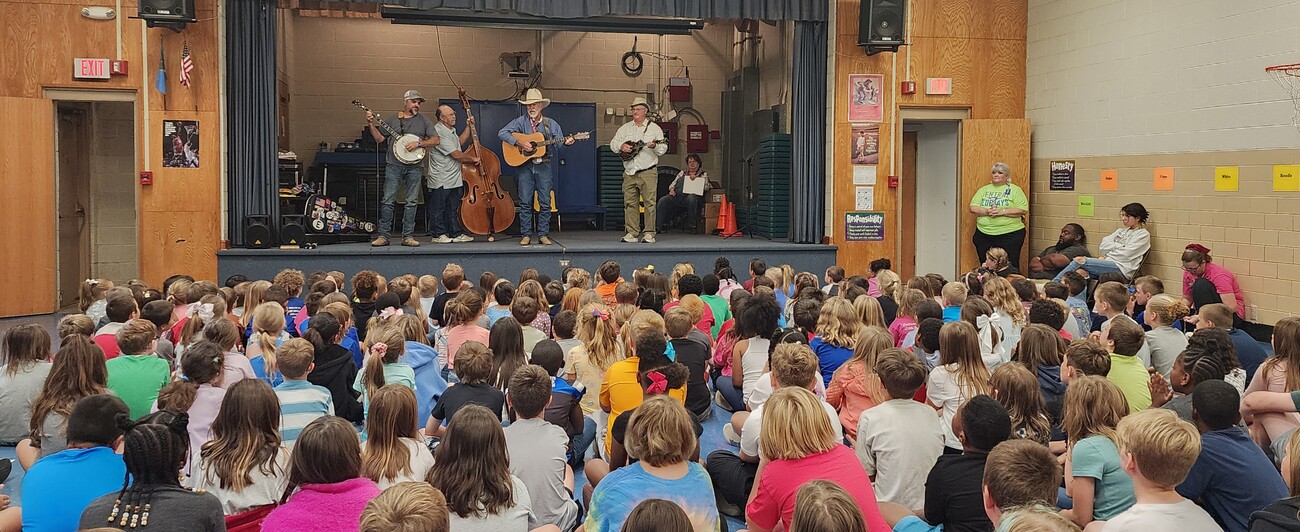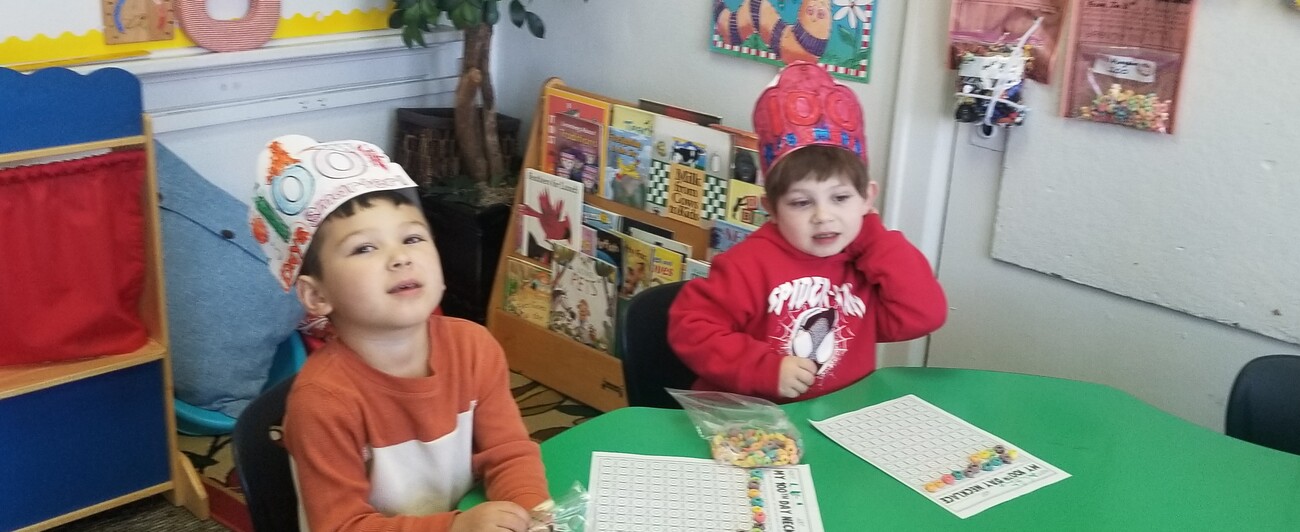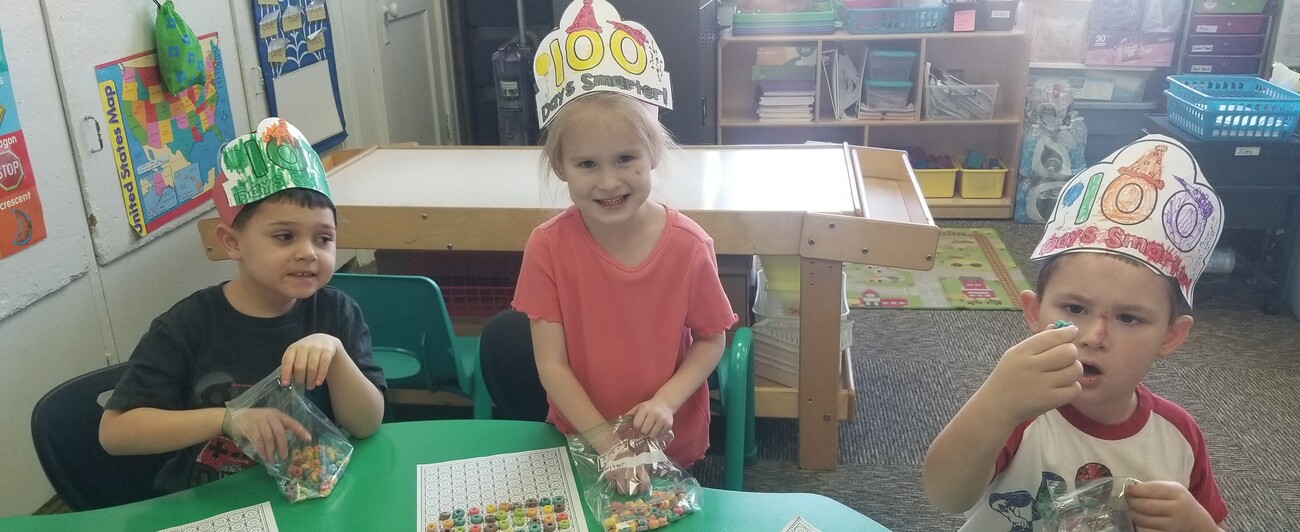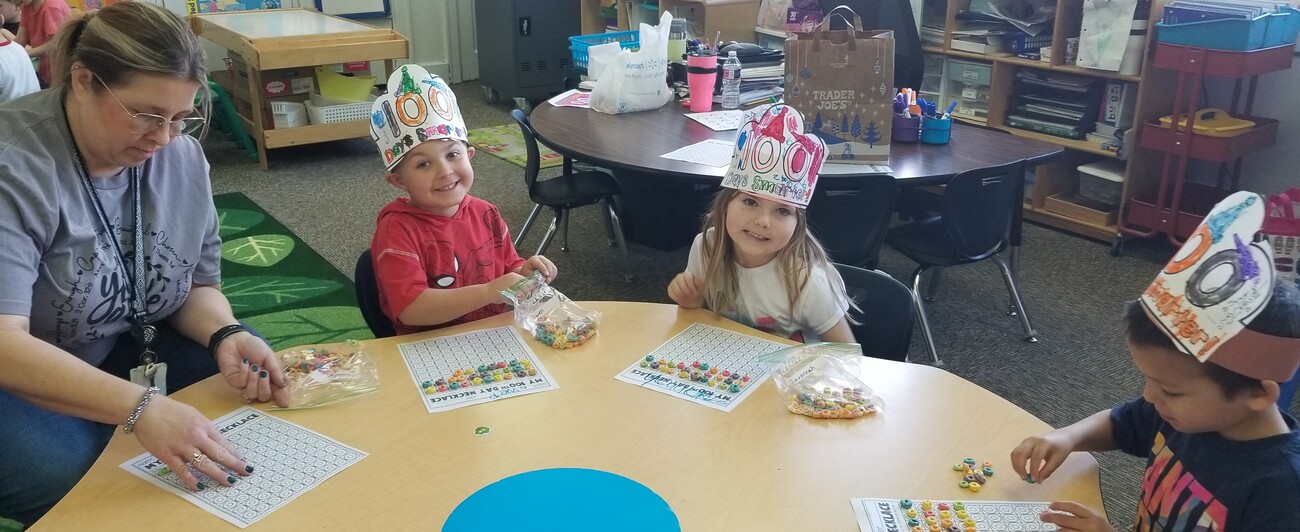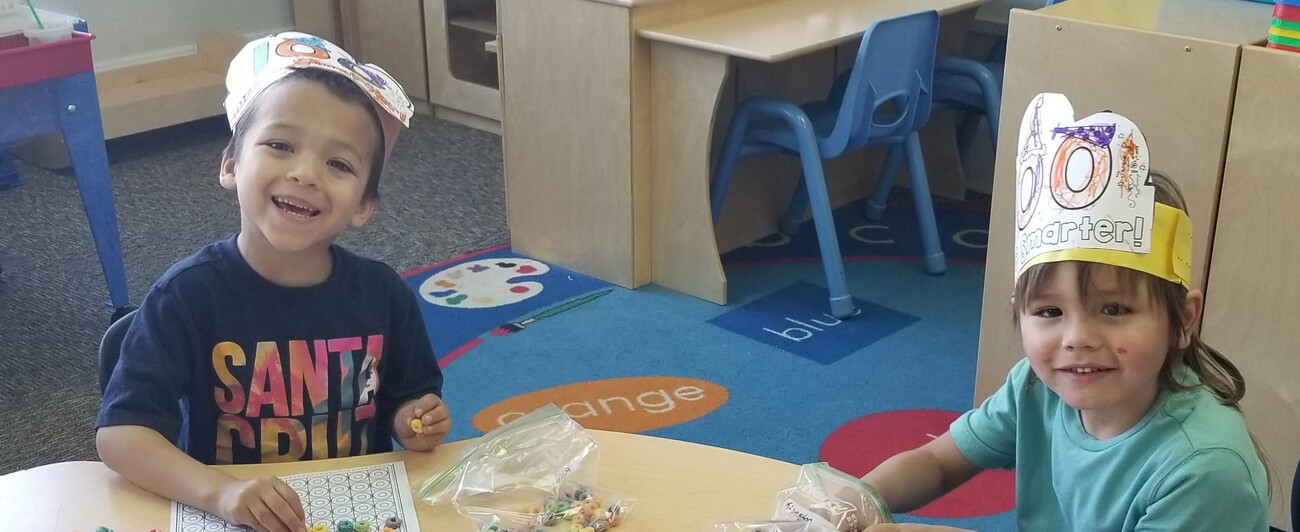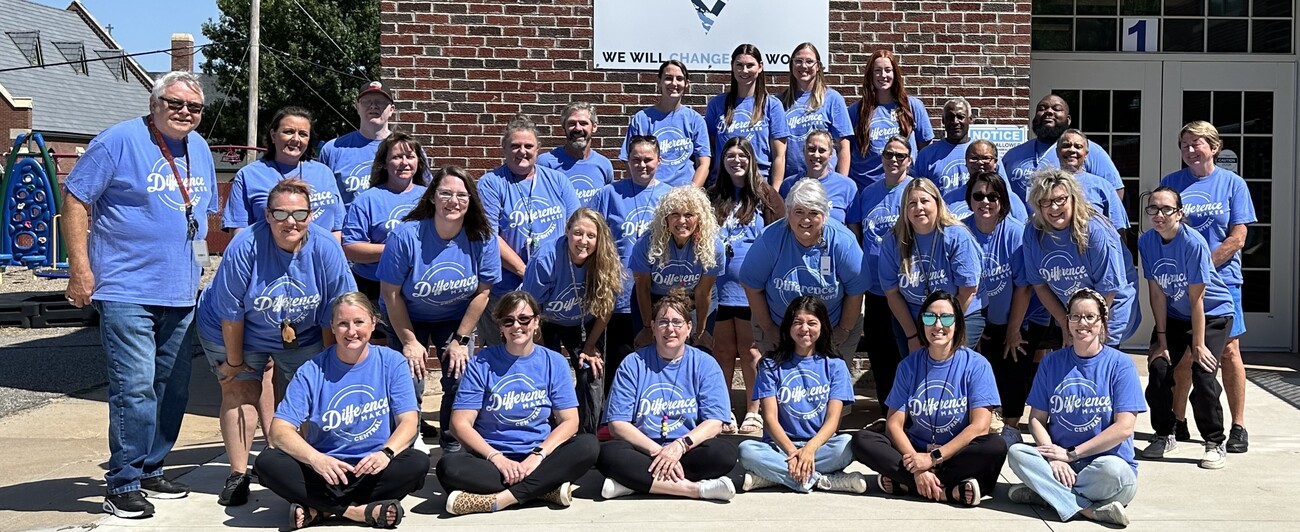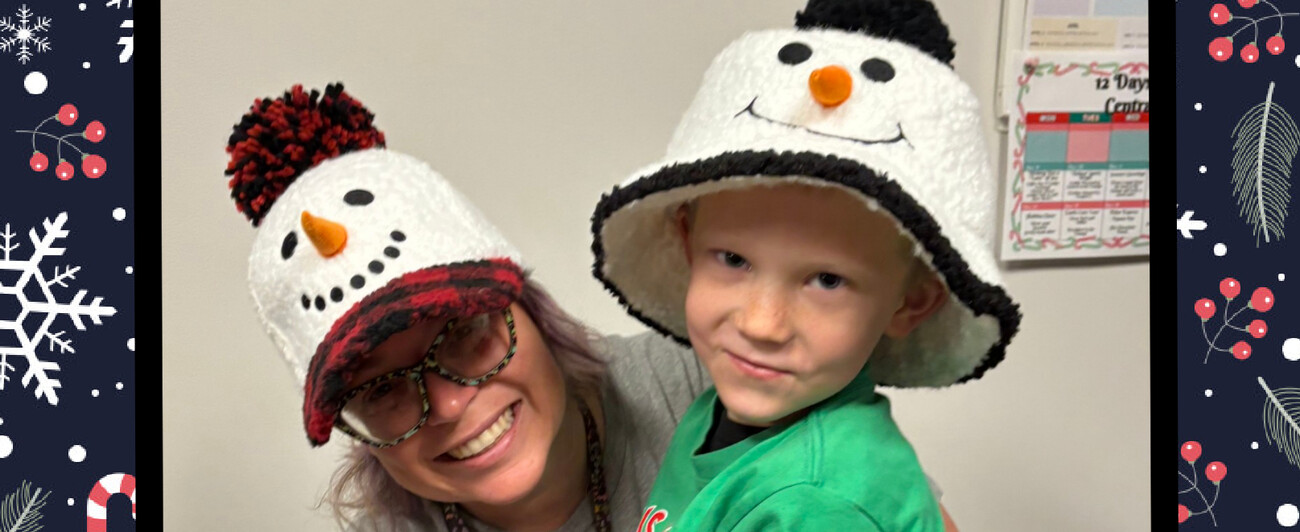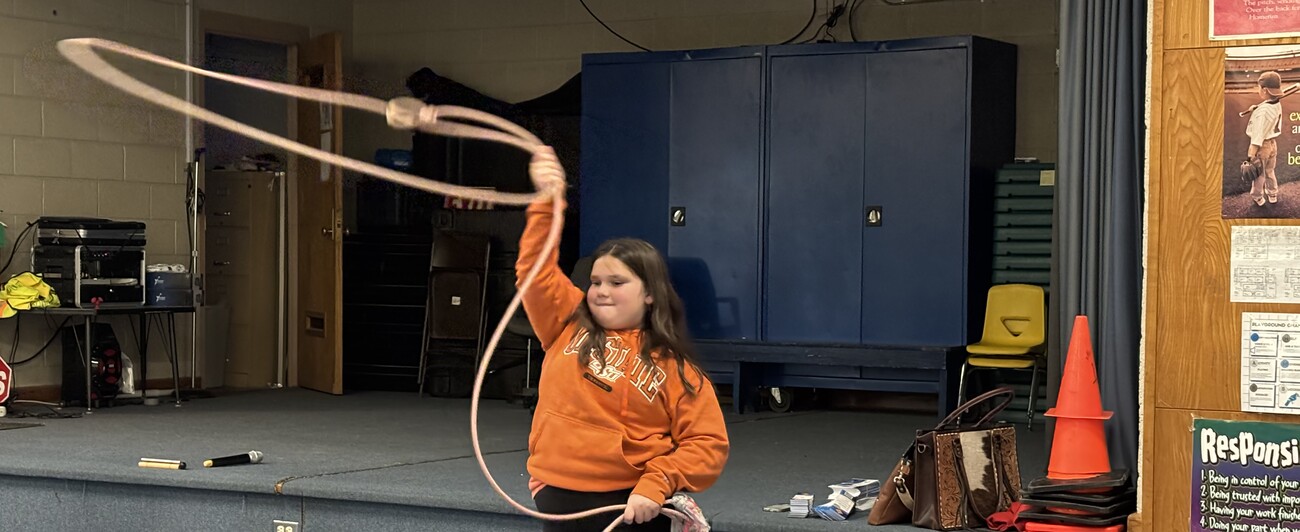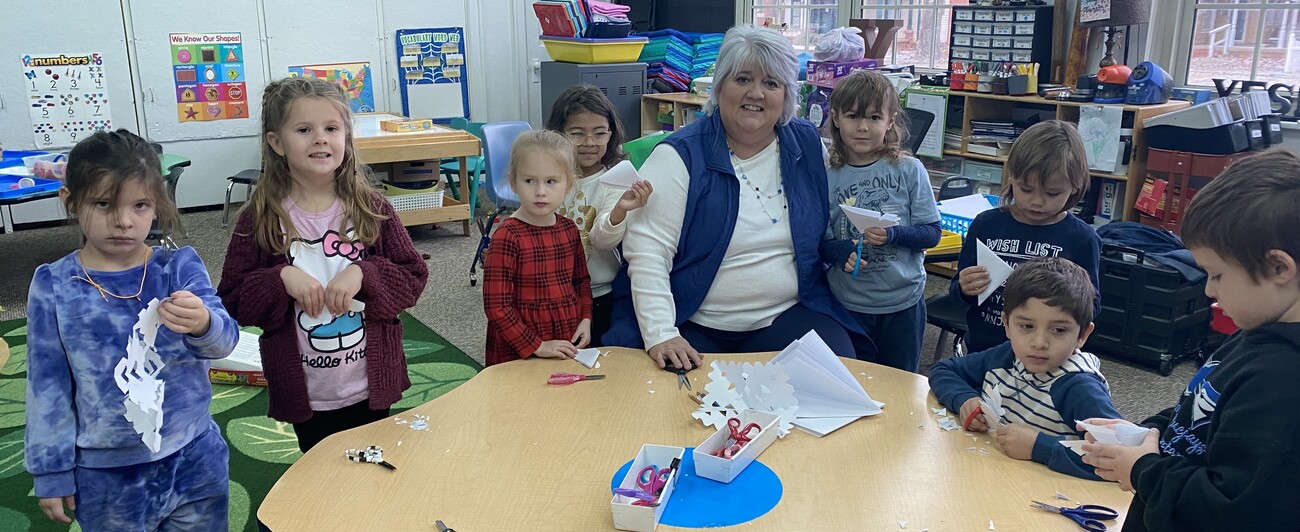April News Article
 April Literacy News
April Literacy News 
Why Is Vocabulary Important?
Vocabulary means the words students must know to communicate effectively by knowing what words mean and how to use them. Knowing the meanings of words is key to understanding what is read. There are two types of vocabulary:
1) Oral vocabulary--the words recognized in speech.
2) Print vocabulary--the words recognized when reading or writing.
Building vocabulary skills improves reading comprehension and reading fluency. Without building a large vocabulary, students cannot read successfully.
Vocabulary Building At Home
Building vocabulary is far more than memorizing words. Ideally, children should be brought up in a rich language environment which is word-conscious. Children take up attitudes and learn from their parents, so building vocabulary starts as a family affair. Children are greatly influenced by the amount of conversation, by the nature of the conversation (and the vocabulary used), and the "word awareness" of the family. There are a great number of families where vocabulary word games are played with the children as an ongoing way to build vocabulary skills.
How Learning Vocabulary Happens
Learning new vocabulary happens in a number of ways. It may involve:
1) Using clues to figure out the meaning of an unknown word. (For example, in the sentence "Mike felt excited because he couldn't wait to go camping", figuring out what "excited" means by finding the clue "couldn't wait").
2) Creating a mental image of what a new word means. Example: Egregious--imagine making a bad mistake, one so bad, rotten eggs are being thrown and an egg reaches us.
3) Thinking about the different parts of a new word (for example, dividing "newspaper" into "news" and "paper").
4) Figuring out how to connect new words to the words a child already knows. Using words he understands to explain new words.
5) Frequently using the new words learned in speech or writing.
6) The best method for building vocabulary is to read about a wide variety of topics.
Ways to Help Improve Your Child's Vocabulary
1) Teach your child 1 new word every day. Make it a goal!
2) Talk together. Words come more easily to children when they hear them spoken aloud. Avoid a lot of "baby talk".
3) Point out any new words when you read aloud with your child. Help your child figure out the definitions of new words.
4) Teach your child how to use a dictionary.
5) Break up new words together. When your child finds a new word, help him to take a guess at how to say it.
6) Once your child learns a new word, encourage her to use it often when speaking or writing. Have a Word of the Week--ask your child to find one word each week that's new to her. Post the word on the refrigerator, and challenge her to use it as often as possible during the week. Keep a tally of how many times she can use the new words.
7) Play with words. Play Scrabble or Boggle, and do crossword puzzles. These and other word games are available for the computer also. A good site is www.funbrain.com
8) Encourage your child to explore new subjects and interests. This can expose him to new ideas--and new words.
Vocabulary Research
Students who read just under 5 minutes per week outside of school will read only 21,000 words in a year.
Students who read nearly 10 minutes per day will read 622,000 words in a year.
Students who read 15 minutes per day will read 1,146,000 words in a year.
Students who read over an hour a day will read more than 4, 258,000 words in a year.
What a difference reading a few extra minutes every day makes!

